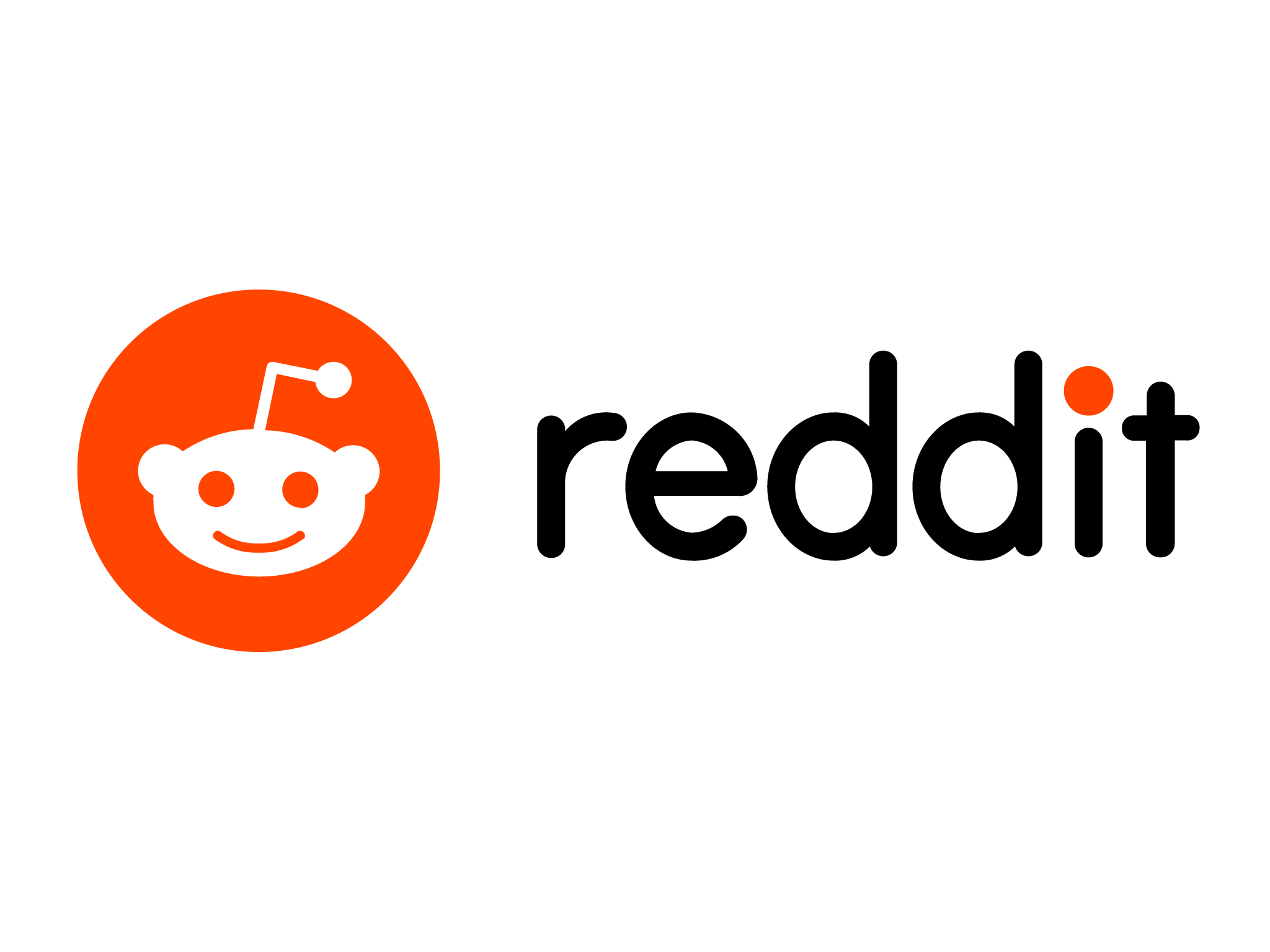Have you ever wondered about the jobs people do at trading firms? There are different roles at trading firms: traders, developers, and researchers. In this blog, we’ll talk about these roles and explain what each person does. This way, if you’re thinking about a job in trading or just curious, you’ll have a better idea of how it all works.
In many modern trading firms, especially those involved in high-frequency trading, the lines between these roles can be blurred. For instance, a quant trader might also be involved in research and even some development work. Now, let’s take a closer look at the different roles.
Table of Contents
Traders
There are different types of traders. The main types of traders are screen traders, quant traders and OTC traders.
Screen Traders
Screen traders primarily execute trades and monitor the pricing algorithms using electronic trading platforms. They are not just passive observers; they actively manage and tweak pricing parameters based on market conditions, news, and other real-time data. Screen traders provide crucial feedback and insights from their observations, which can lead to the development of new trading strategies or adjustments to existing ones.
Quant Traders
Quant traders utilize data, quantitative models and algorithms to inform their trading decisions. While many of their strategies might be automated, quant traders can also manually intervene based on market conditions or when they see opportunities the models might miss.
Quant Traders often act as a bridge between screen traders and researchers or developers. Their role isn’t just execution-based; they’re also involved in idea generation. They can suggest research topics or improvements based on their own analyses or feedback from screen traders.
Compared to the strategies designed by researchers, the strategies from quant traders usually have a more short term impact.
OTC (Over-The-Counter) Traders
While OTC traditionally refers to trading in products not listed on formal exchanges, OTC traders in market-making firms might also deal with listed products. For example, a bank might be interested in taking position in certain equity derivatives, like options. A market maker might be able to provide the liquidity to the bank, who often want to enter a market with orders that have a relatively large size.
(Quant) Developers
Developers
- System Development: Developers are responsible for creating, maintaining, and upgrading the trading platforms and systems that traders use daily. This involves not just coding, but understanding the needs of traders and ensuring that the system’s user interface is intuitive and efficient.
- Data Management: In the world of trading, data is king. Developers ensure that real-time data feeds are integrated seamlessly into the trading systems. This involves handling vast amounts of data, ensuring its accuracy, and optimizing for speed.
- Infrastructure & Reliability: The financial stakes are high, and downtime or errors can be costly. Developers work to ensure that the trading systems are robust, reliable, and can handle the immense transaction volumes typical in trading environments.
Quant Developers
- Model Implementation: While quant researchers and quant traders design and test trading models and strategies, it’s the quant developers who turn these models into working code. They ensure that the mathematical models are accurately translated into algorithms that can be executed in the trading systems.
- Optimization: Speed is a crucial factor, especially in high-frequency trading. Quant developers work on optimizing the algorithms to ensure they run as fast as possible, shaving off milliseconds that can make a significant difference in trade outcomes.
- Collaboration with Researchers and Quant Traders: Quant developers often work hand-in-hand with quant researchers and quant traders. While researchers and quant traders might focus on the theoretical side, developers provide insights into the practical challenges and possibilities of implementing those theories.
- Feedback Loop: As they implement and monitor the performance of trading algorithms, quant developers can provide valuable feedback to researchers and quant traders. They might notice patterns, inefficiencies, or areas for improvement that can lead to refinements in the trading strategies.
(Quant) Researchers
In many trading firms, the distinction between “researchers” and “quant researchers” is often blurred, as many of the tasks overlap. The title “quant researcher” specifically emphasizes the use of quantitative methods, mathematical models, and often computational techniques in research. However, even those without the “quant” prefix will likely employ quantitative methods in today’s data-driven trading world.
In smaller firms or specific teams, the distinction might not exist at all, with all researchers expected to use both qualitative and quantitative analysis. However, in larger organizations or more specialized teams, there might be a clearer delineation, with “quant researchers” focusing more on model development and algorithmic strategies, while “researchers” might handle broader strategy formulation, macroeconomic analysis, and non-quantitative aspects.
Researchers often focus on strategies that play out over longer time horizons. This could be based on macroeconomic trends, fundamental analysis of companies, geopolitical events, or other broad market forces. Quant traders typically operate on shorter time frames, which can range from microseconds in high-frequency trading to several days or weeks. They’re often more concerned with immediate price movements, liquidity, and order flow.




